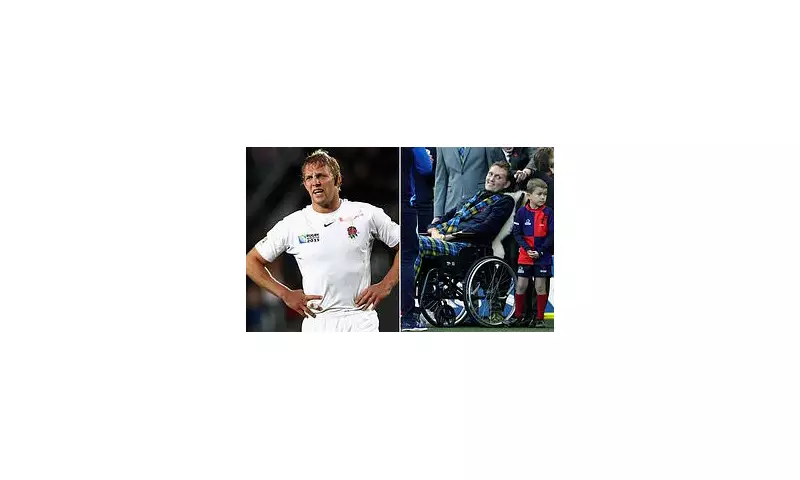
The rugby community has been rocked by another devastating blow as former England captain Lewis Moody revealed his diagnosis with motor neurone disease, sending shockwaves through the sport and raising urgent questions about player safety.
A Disturbing Pattern Emerges
Moody's diagnosis represents the latest in a worrying trend of MND cases affecting rugby professionals. The 45-year-old World Cup winner, known affectionately as 'Mad Dog' during his playing days, now joins the heartbreaking list of rugby greats battling this cruel condition.
The timing is particularly poignant, coming just weeks after the sport united in mourning for Rob Burrow, whose courageous fight against MND captured the nation's heart and raised millions for research through his foundation with Kevin Sinfield.
Familiar Faces, Unsettling Connections
Scotland legend Doddie Weir's tragic passing from MND in 2022, followed by Burrow's death this June, had already highlighted what many are calling a disturbing cluster of cases within the rugby community. Now Moody's diagnosis adds another layer to this concerning pattern.
"When you see multiple high-profile cases emerging from the same sporting background, it forces us to ask difficult questions," said one leading sports physician who wished to remain anonymous.
The Unanswered Questions
While the rugby community has shown incredible generosity in fundraising – with millions poured into MND research through various campaigns – there's growing concern that the sport itself might be overlooking potential risk factors specific to rugby.
- Could repeated head impacts during careers be contributing to these cases?
- Are there environmental or training factors unique to rugby that need investigation?
- Why does this seem to be affecting relatively young, formerly elite athletes?
The scientific community remains divided on whether there's a definitive link between contact sports and MND, but the clustering of cases in rugby is becoming increasingly difficult to ignore.
A Community in Crisis
Moody's announcement has triggered an outpouring of support from across the rugby world, with former teammates and rivals alike expressing their shock and solidarity. The rugby family, still grieving recent losses, now faces another heartbreaking battle.
As research continues and fundraising efforts intensify, the sport finds itself at a crossroads – celebrating the incredible courage of its heroes while confronting uncomfortable questions about player welfare that can no longer be ignored.




